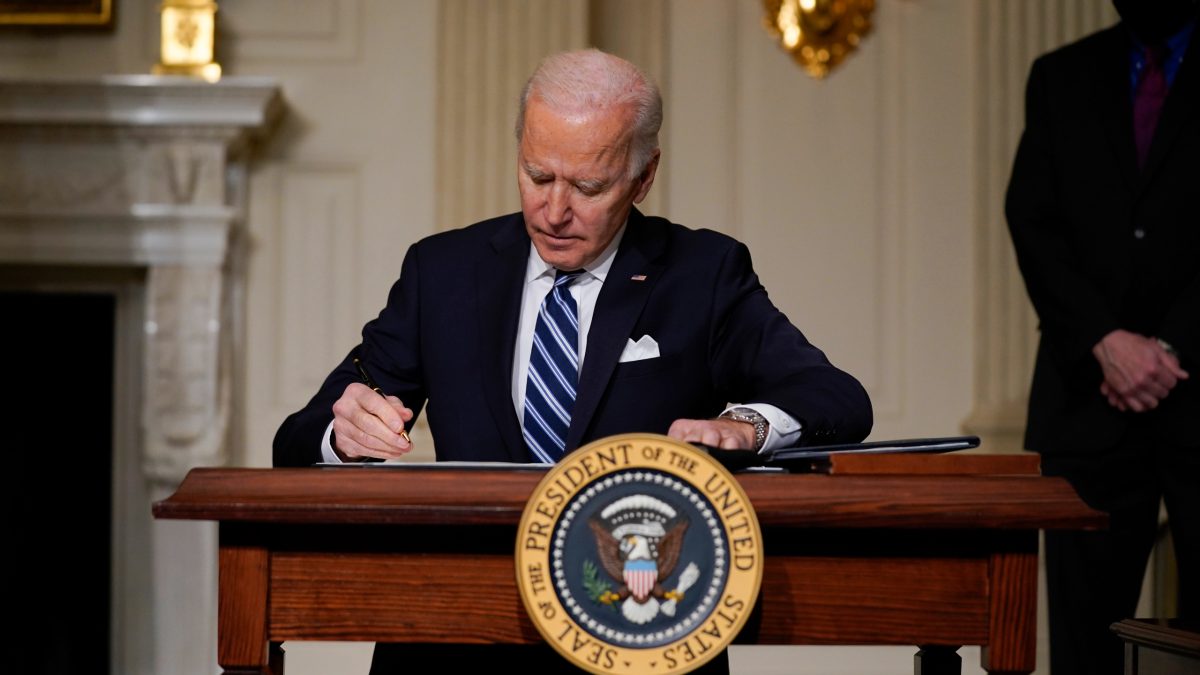The historic, decisive 54-45 vote by The United States Senate confirmed Neil Gorsuch as the 113th justice to the nation’s highest court, The Supreme Court, filling the void existing since the death of the conservative Justice Antonin Scalia.
The vote came after a monotonous battle between the Senate Democrats and Republicans, which resulted in The Senate Republicans invoking the infamous, “Nuclear Option.” This lowered the threshold on Supreme Court nominations to a simple majority vote, and not the 60 votes that were required previously. Such options have been previously adduced by both the parties to confirm the end filibusters to certain executive and judicial nominees court picks.
The resistance from The Senate Democrats was vindicated, since The Senate Republicans refused to consider the then President Obama-nominated Judge Merrick Garland for 293 days, and advocated the consideration of The Supreme Court Justice nominee after the presidential elections, allowing the new President to make the judicial pick.
Justice Gorsuch, often regarded as a conservative judge, is a graduate of Columbia, Oxford and Harvard. He has served as a Supreme Court clerk, and has been a member of the U.S. Appellate Court for the 10th Circuit since 2006. He, according to questioning from the senators during his hearing, portrayed himself as an individual of equitable legal principles, and a reliable “originalist” conservative who interprets and understands the constitution from a perspective of the drafters.
Some have claimed that the confirmation of Justice Neil Gorsuch, has put “reproductive freedom in danger.” According to Pew Research, about 59% of U.S. adults say abortion should be legal, as opposed to 37% who say it should be illegal. Additionally, 69% of Americans say that Roe V. Wade, the landmark Supreme Court ruling that extended the rights to a woman’s decision to have an abortion, should not be completely overturned, while 44% suggest that having an abortion is morally wrong. Also, The National Conference of State Legislatures suggests that less than 2% of teen mothers finish college by the age of 30.
Nicholas Corrente (Chemical Engineering), a senior at NJIT says, “I will always advocate for an informed debate on the issues, and in order for that debate to take place there needs to be opposing viewpoints. Putting aside the ethics of how he was confirmed, I think the pick of a judge whose viewpoints don’t necessarily align with my own is not necessarily a bad thing, and will hopefully lead to that informed debate. As far as abortion goes, I hope that he realizes that Roe V. Wade is a 44-year-old precedent that deserves a great deal of consideration in rulings going forward, and that consideration of that precedent is necessary to make an informed ruling.”
Many more concerning controversial decisions that come The Supreme Court’s way, will shape the law of the land for coming generations. In the coming weeks, several cases concerning the second amendment, voting laws and same sex-marriage are to be heard, which will be heard by a conservative-majority panel.


































